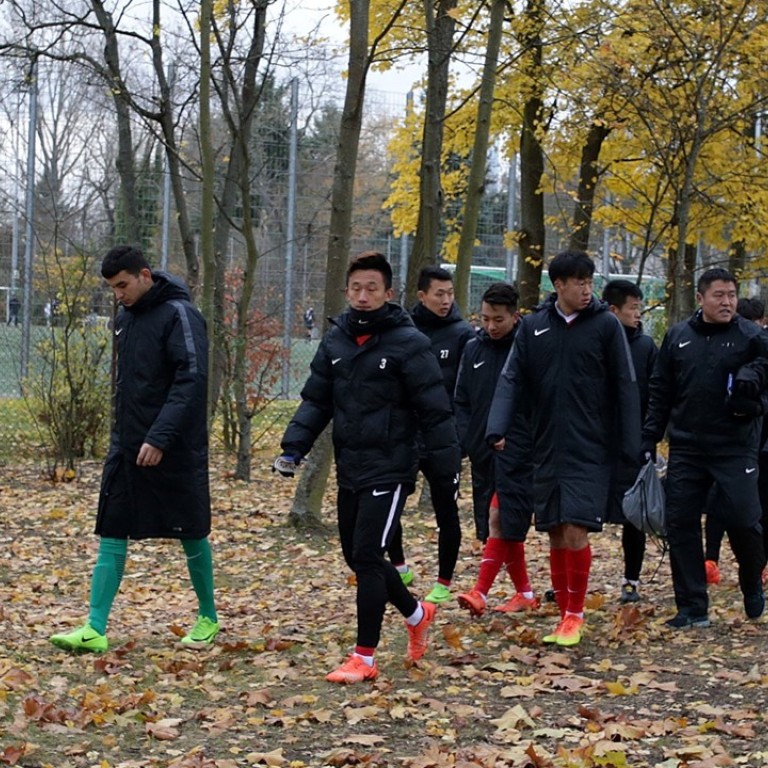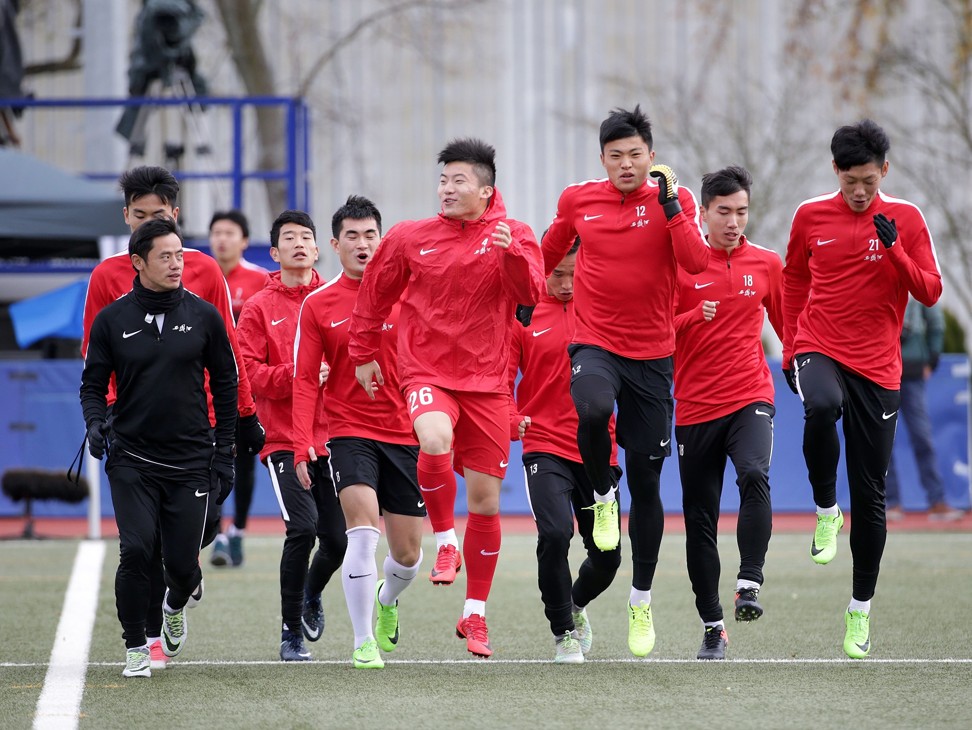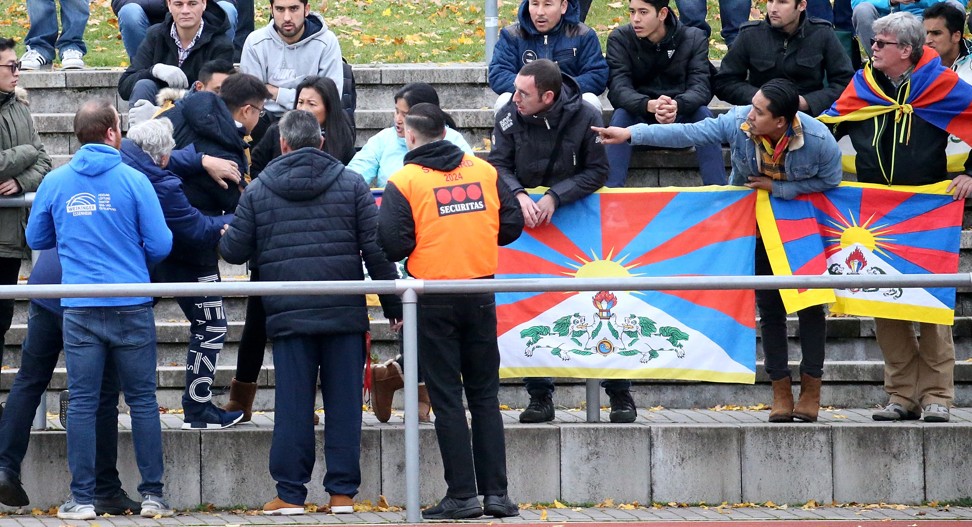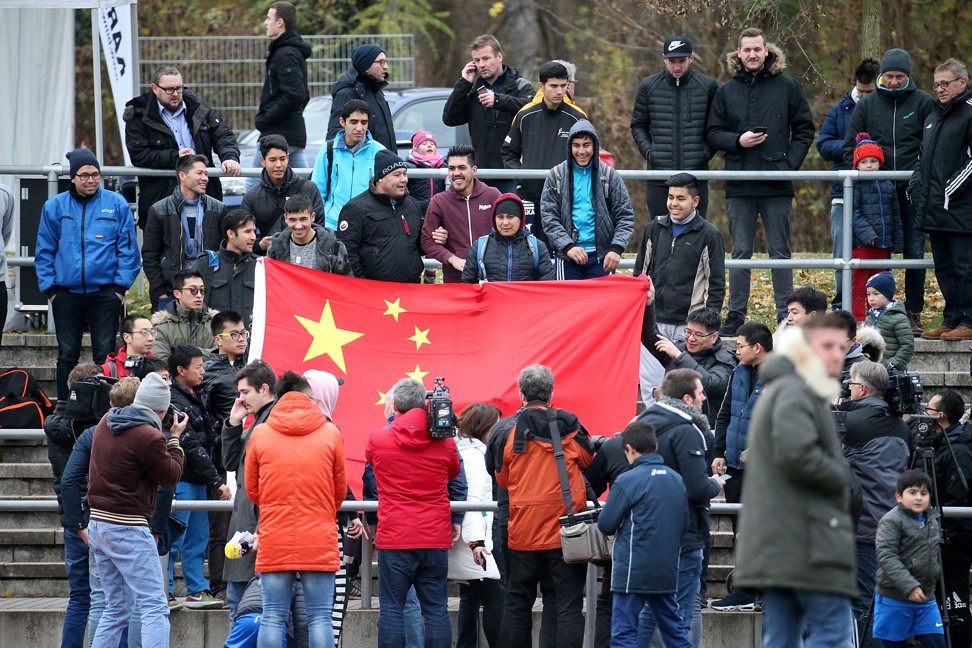
Suspension of Chinese under-20 soccer tour casts a cloud over the lauded China-Germany cooperation
The opening game of the tour was halted because the Chinese side refused to continue until protesters removed offensive flags at the ground
The game was halted for half-an-hour because the U20 side refused to continue, only agreeing to resume after the protesters removed the offending flags.

“Indeed, the project was exploited by a very few spectators in order to convey messages that were perceived as insults by the Chinese team, the officials, the CFA coaching staff as well as the Chinese audience,” the DFB stated.

The statement masked the fact that the project and the German-China football treaty had been highly controversial in Germany in the first place, albeit for reasons completely unrelated to Tibet.
China has been investing heavily in European clubs in recent years but not in Germany owing to restrictive ownership rules, and German fans firmly believe that foreign investors have not benefitted football culture in the UK, France, the Netherlands, Spain and Italy.
The U20 project was perceived in some quarters as the DFB beginning to open up German football to hostile foreign money, with three Regionalliga Suedwest clubs – Waldhof, Kickers Stuttgart und TuS Koblenz – refusing to participate amid pressure from their fans.
Fans organised beer drinking events to donate the proceeds to their clubs, so that they could afford to forego the €15,000 (HK$139,000) sweetener each club was promised to receive for their game against China’s under-20s.

Whereas China’s former national coach, German national Klaus Schlappner, told German daily Die Welt, that “the CFA will likely now be turning to Spain or England,” Christian Schmidkonz, a professor and expert for Greater China business at the Munich Business School, in an interview with the South China Morning Post predicted that the developments will not slow the increasingly multifaceted cooperation, as the mutual stakes are much too high.
“It is, as usual, about the Chinese side wanting the know-how and the foreign side wanting the Chinese market,” Schmidkonz said.
“China wants German know-how for its talent schools to see football played successfully in China at long last, whereas the Chinese market is extremely attractive for the German clubs and the national team,” he added.
The DFB’s official line for the time being is that all remaining 15 friendly matches will be played after the winter break.
